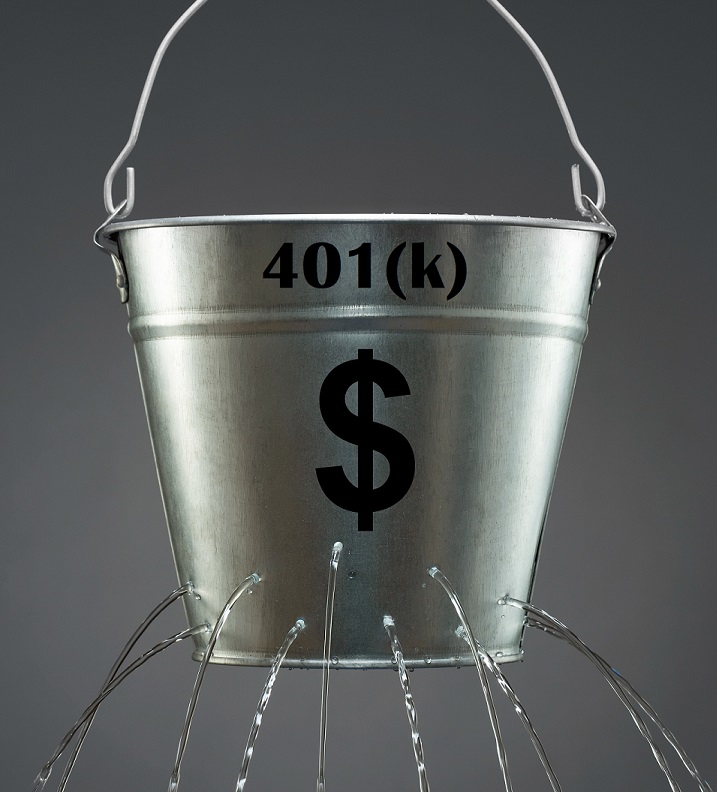Retirement plan leakage from 401(k) loan defaults and cash outs continues to dominate the news. Anne Tergesen of the Wall Street Journal reports that workers are treating their 401(k) savings like ATM machines.
Tergesen’s article “401(k) or ATM? Automated Retirement Savings Prove Easy to Pluck Prematurely” (subscription required) states that the tapping of retirement funds early through borrowing or cash outs threatens to reduce the wealth in U.S. retirement accounts by about 25% when lost savings are compounded over 30 years.
What experts are saying
Notable quotes and references in the Journal’s article underscore the seriousness of the problem:
The retirement savings made possible for millions of Americans thanks to automatic enrollment in 401(k)-style plans is proving to be an alluring pool of money for workers to borrow from or cash out when they leave a job.
While most 401(k) borrowers repay themselves with interest, about 10% default on about $5 billion a year, according to Olivia Mitchell, an economist at the University of Pennsylvania’s Wharton School.
“We have figured out how to get money into the retirement savings system,” says Harvard economist Brigitte Madrian, study co-author and economist at Harvard University. “Now we need to think about how to keep that money in the system.”
Professor Madrian says the study should provoke “discussion about what’s causing leakage and what we can do about it.”
We agree. A major cause of retirement plan leakage is loan defaults and subsequent cash outs. We believe that a sensible approach to plan leakage is prevention of loan defaults when workers lose their jobs. By adopting simple 401(k) loan insurance, America’s retirement plan sponsors will provide a true safety net that addresses this serious challenge.

